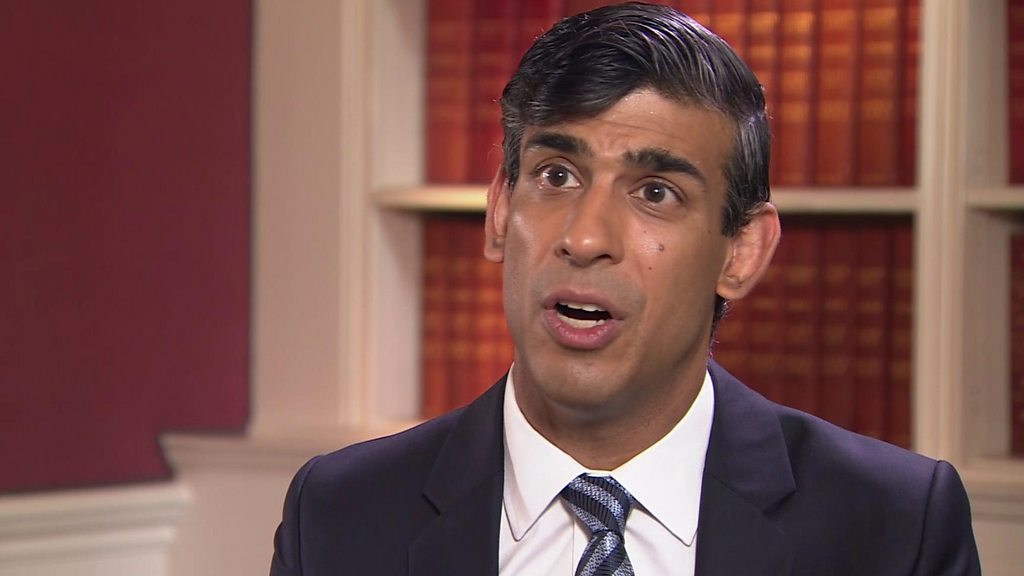Getting Serious about Net Zero before 2050
It is easy for the Government to announce that it is aiming for the UK to have "Net Zero carbon emissions by 2050".
Such a general aspiration is easy to voice. What is needed is a urgent plan to curb the rising levels of CO2 in the atmosphere before the ecosystems of the world are altered beyond repair.
The problem of climate change is caused by excess release of CO2.
CO2 is the by-product of combustion.
The concentration of CO2 in the atmosphere was no higher than 280 ppm for 10,000 years up until the mid eighteenth century, before the steam age. It has since risen to 415 ppm in 2019, and is still rising by around 2 ppm a year – the highest level for over 14 million years.
There is an argument that we need to burn fuel to fly aeroplanes.
However, we do NOT need to burn fuel for heating. The combustion-free alternative is available now through using Heat Transfer, which means using heat pumps.
Over 100,000 heat pumps were sold in Sweden in 2018.
Less than 18,000 heat pumps were sold in the UK in 2018 (despite the UK having a population five times as large as Sweden).
The reason for Swedish people buying 25 times more heat pumps per person than Britons is very simple:
The price of gas in the UK is amongst the lowest of any major EU nation. The price of UK electricity in amongst the highest of major EU nation.
The price of gas in Sweden is amongst the highest of any major EU nation. The price of electricity in Sweden is amongst the lowest of any major EU nation.
The logical choice in Sweden is to use a heat pump for heating. The logical choice in the UK is to burn gas (or oil) – because of the Fiscal Background in the UK.
Electrification of Heat
To reduce the release of CO2 the Government needs to encourage the move to the Electrification of Heat and the use of heat pumps instead of combustion.
However, the UK imposes Climate Change Levies on the price of electricity at 2.5 times the rate charged on gas. The Climate Change Levy on electricity increased by 45% as recently as 1 April 2019.
Government policies are therefore encouraging the burning of gas when they should be doing the opposite.
No amount of talk about ???Net Zero by 2050??? will make any difference until the Government stops encouraging burning.
The Government should listen carefully to David Attenborough, Greta Thunberg and Extinction Rebellion and take action.
What steps should Government take now?
There are five measures the Government should take now to address climate change:
- Government should affirm its rhetoric on Climate Change by extending the life of the Renewable Heat Incentive beyond 31 March 2021 and re-focuss the RHI on the renewable technologies which avoid the use of combustion.
- Government should use the current Grid Carbon Factor (144 grams of CO2/kWh according to BEIS for 2019), or ideally the predicted Grid Carbon Factor (85 according to BEIS for 2030), for planning purposes rather than the historic level of Grid Carbon Factor (519 as required by SAP 2012) which is 3.6 times higher than the current rate.
- Government should adopt natural carbon capture and storage by encouraging the planting of trees and opposing deforestation.
- Government should reduce its taxes on electricity (including Climate Change Levies) and increase its taxes and levies on the combustion of gas, oil and coal.
- Government should also be brave enough to consider a direct carbon tax which, unlike Vat, would not be recoverable by businesses.
What further steps should Government consider?
There is an aspiration that hydrogen gas could be fed through the gas Grid in substitute for methane. However, there are a number of issues to be considered first:
- H2 molecules are so small that some will escape unless that gas Grid is refurbished to prevent this and secure the safety of the system.
- all existing gas burning devices would have to be adapted to burn hydrogen (at huge cost and disruption).
- production of hydrogen gas from steam reformation would merely shift the release of CO2 to an earlier stage in the supply chain – unless a means of "Carbon Capture and Storage" (CCS) were developed to capture the CO2 and sequester it.
- CCS has yet to be developed at scale and the cost of doing so might prevent the economic supply of hydrogen.
- burning hydrogen in air may produce up to six times the the level of NOx emissions as burning natural gas.
Getting Serious about Net Zero now
If the Government is serious about achieving Net Zero now it should adopt the low risk strategy of employing the proven paths that are available now, and research the further steps that may be opened up by future technology developments when they become economic.

Fiscal Background is the chief barrier to reaching Net Zero
Although installation of heat pumps is the direct practical route to decarbonisation of heat, they are not being adopted at scale because of the artifically high price of electricity in the UK (due to taxes and levies) and the very low price of gas (due to the absence of tax and levies).
If the UK is serious about ever reaching Net Zero the Chancellor needs to reduce taxes and levies on electricity to encourage the use of heat pumps and to increase the taxes on burning fossil fuels to discourage the release of further CO2.
See Ground Source Heating See Ground Source Cooling See Ground Source Energy

